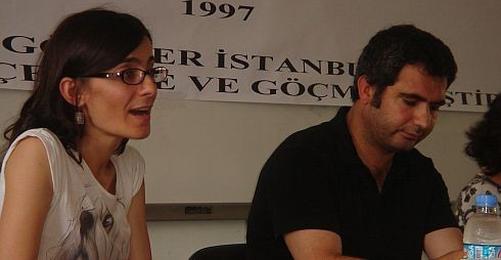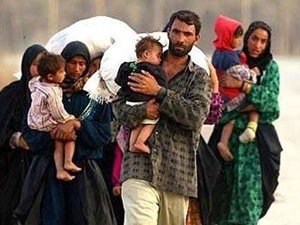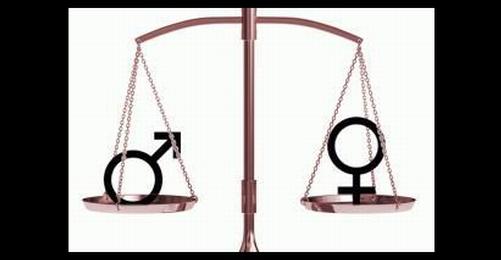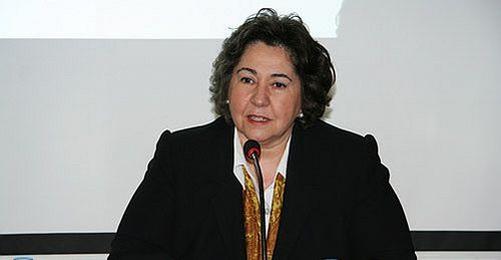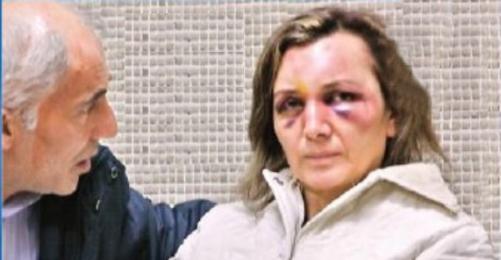"The estimated real number of people subject to forced migration in Turkey is much larger than official figures suggest. Law no. 5233 on Compensation of Damages Resulting from Terrorist Acts and Measures Taken against Terrorism enforced in 2004 created more of a deadlock than a solution. The problem of forced migration is carried into the big cities and becomes an even bigger problem there".
In the seminar on "Forced Migration and ('made') Refugees", lawyer Ayşe Bingöl talked about the legal aspects of problems created by forced migration.
The seminar is part of the 6th European Social Forum held in Istanbul from 1-4 July.
"Lack of effective domestic remedy"
In the seminar organized by the Migrants' Association for Social Cooperation and Culture (GÖÇ-DER), Bingöl emphasized that effective domestic remedies are needed to abolish unjust treatment due to forced displacement.
"The state reduces compensation for victims of forced migration to a monetary issue. Yet, the moral hazard is much bigger than the monetary damage", Bingöl stated and continued:
"Rehabilitation programs for the adaptation of refugees should be carried out. The basis for a return should be created. An effective structuring procedure should be implemented instead of urban renewal programs which make refugees lead an isolated life on the outskirts of the cities".
"State officials do not act objectively"
Bingöl summarized the legal process of forced migration in Turkey as follows:
- When forced migration started in the 1990s, there was no domestic remedy for the victims to seek their rights. One group of refugees sued the Interior Ministry and military authorities at the Administrative Court. When the court dismissed the casei the victims applied to the European Court of Human Rights (ECHR).
- The ECHR accepted the application of 241 people from Lice in the south-eastern province of Diyarbakır in 2001. Thousands of applications were filed at the ECHR in 2005 by people subjected to forces migration.
- With the beginning of the European Union accession process, Turkey pledged to solve the problem.
- In 2004, the ECHR decreed in a precedent decision that forced migration is a breach of the European Convention on Human Rights.
- One months later, Law no. 5233 was lifted. "Damage Assessment Commissions" were established within the governorships and people who suffered from any damage related to forced migration were asked to apply.
- In the following months, the commissions submitted documents to the ECHR showing the fast results regarding the applications. The ECHR declared that this implementation was an effective domestic remedy and dismissed thousands of applications made to the Strasbourg court.
- However, non-governmental organizations criticized that moral hazards were not covered, that public officials were appointed to the commissions and that people convicted of terror crimes were not be able to benefit from the law.
- The court refused further applications and directed them to the commissions. Unsurmountable probelms were experienced in the discovery and identification of assets and the related compensation.
- Currently, tens of thousands of applications are pending in the commissions. The concluded files are ready for adjudication but the Administrative Court hesitates to give final decision.
- The files were once again transferred to the ECHR after the Administrative Court had finished the procedures. However, we cannot anticipate how the ECHR is going to decide. (BB/VK)





